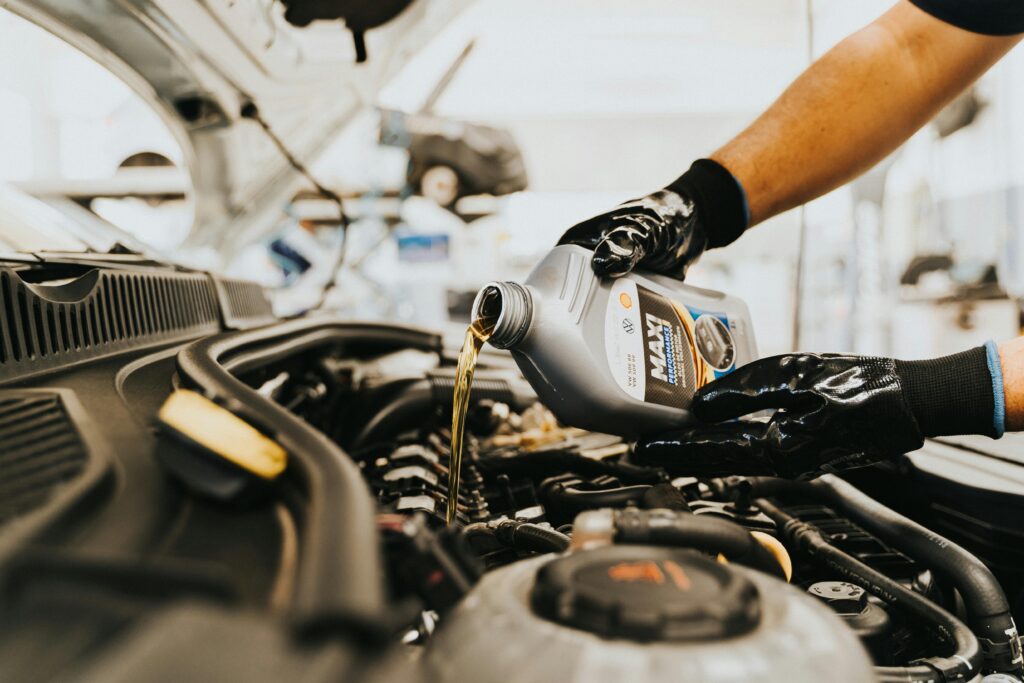How often should you change your oil ?

The Importance of Changing Your Vehicle’s Oil Regularly
Why Oil Changes Matter
Oil is like the lifeblood of your car. It keeps the engine parts lubricated, reduces friction, and prevents overheating. But over time, oil gets dirty and loses its effectiveness. Regularly changing your oil can make a huge difference in your vehicle’s performance, longevity, and fuel efficiency.
Benefits of Regular Oil Changes
- Enhanced Engine Performance: Clean oil keeps the engine parts moving smoothly, which means your car can operate at its best.
- Increased Lifespan: Dirty oil causes wear and tear on engine parts, which can lead to costly repairs and a shorter engine life.
- Better Fuel Efficiency: When your engine works efficiently, it uses less fuel. Regular oil changes help maintain optimal engine performance, which can save money at the pump.
- Reduces Harmful Emissions: Clean oil burns more efficiently, reducing the pollutants released into the environment.
How Often Should You Change Your Oil?
Generally, it’s recommended to change the oil every 5,000 to 7,500 kilometers. However, always check your vehicle’s manual for the best advice based on your car’s make and model.
Signs Your Oil Needs Changing
- Engine sounds louder or makes knocking noises
- Dashboard oil light is on
- Oil is thick, dark, or dirty when checked
What Happens If You Skip Oil Changes?
Failing to change your oil can lead to engine damage, costly repairs, and, ultimately, a shorter lifespan for your car. Over time, dirty oil leads to sludge buildup, reducing engine efficiency and causing parts to wear down faster.
Regular oil changes are one of the easiest ways to keep your car running smoothly, efficiently, and safely!
